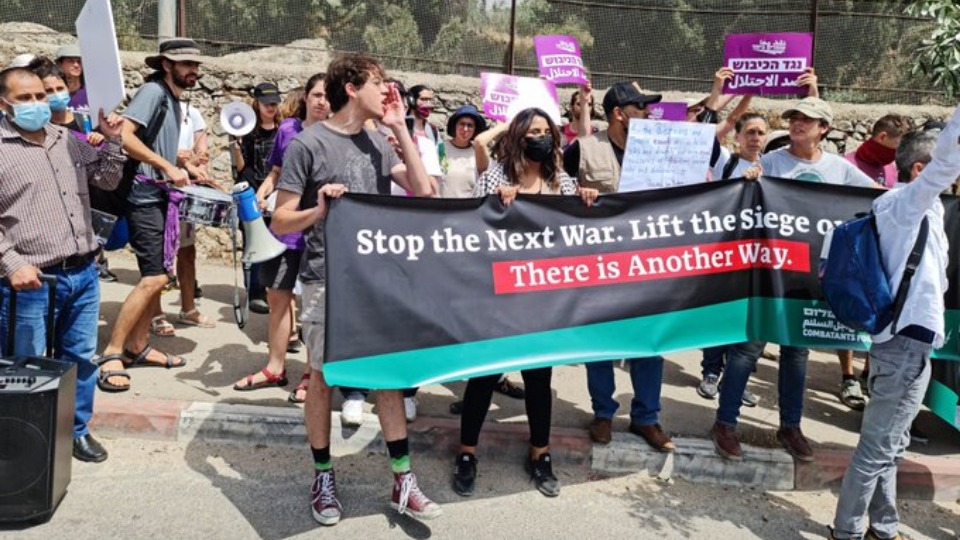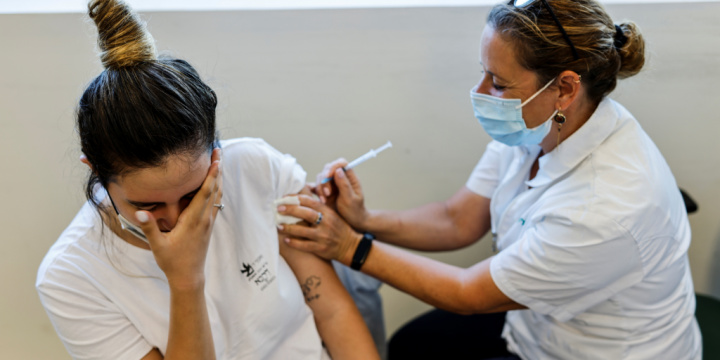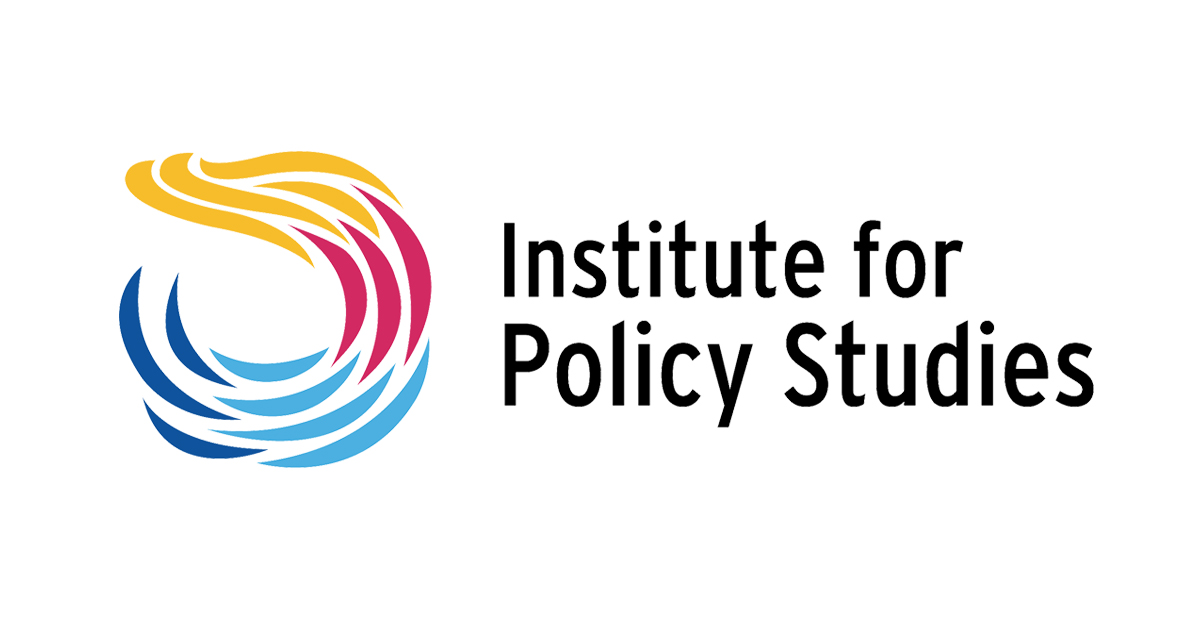TheDefiantOne
Gold Member
- May 29, 2021
- 1,076
- 459
Neither....there are Israelis who see a different approach: JVP’s Approach to ZionismA Jewish fascist or a zionist fascistWithout Likud, the Jews Are LickedI find this rather interesting:

Arabs and Jews in Israel unite against Netanyahu and occupation
After an 11-day war that killed more than 240 Palestinians and 12 Israelis, a fragile ceasefire between the right-wing government of Israeli Prime Minister Benjamin Netanyahu and the Islamist Hamas militants that rule Gaza took hold early Friday morning.www.peoplesworld.org
The predatory Islamic beasts will see that as a sign of weakness and a signal to attack.






